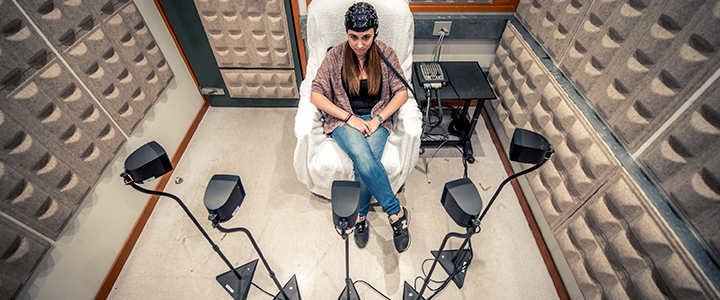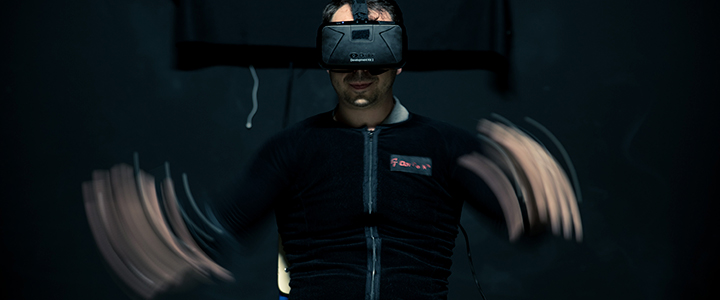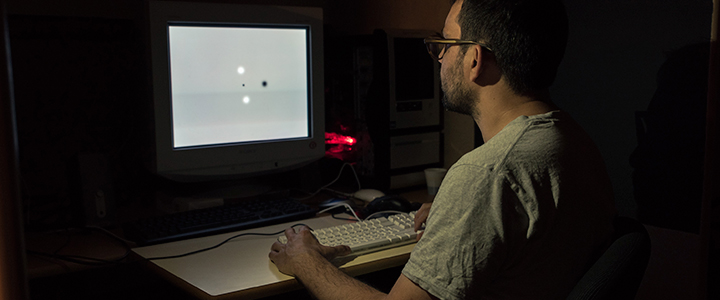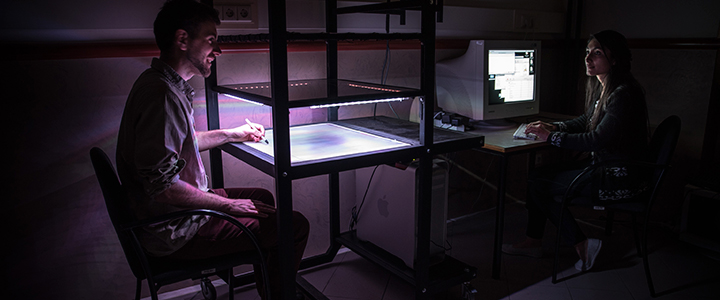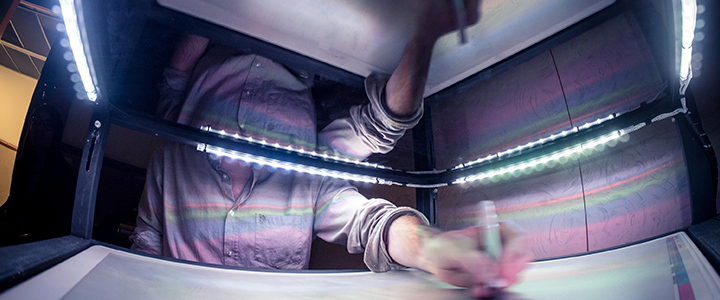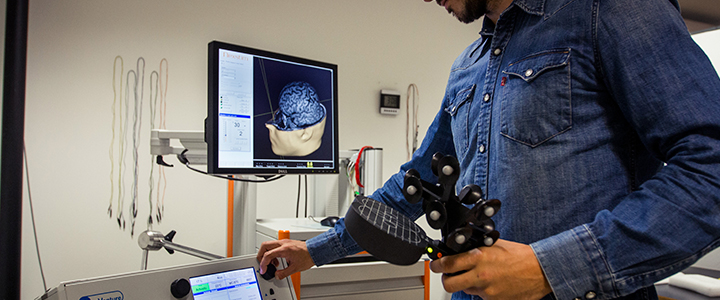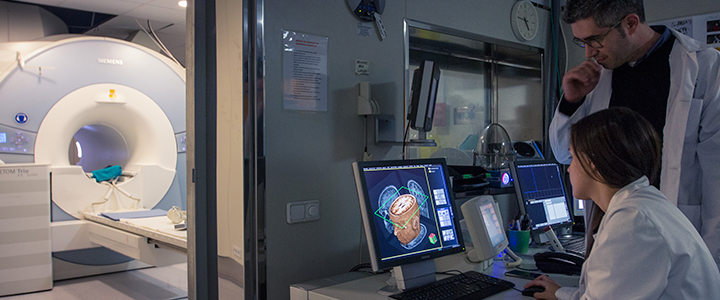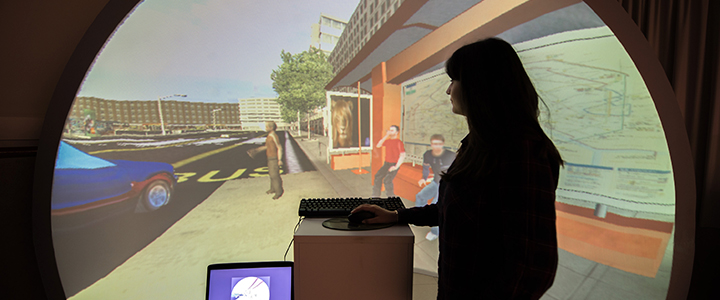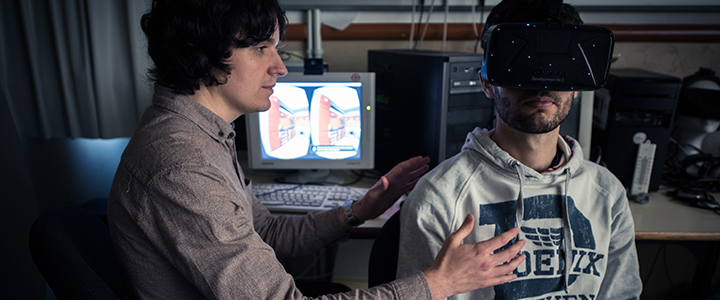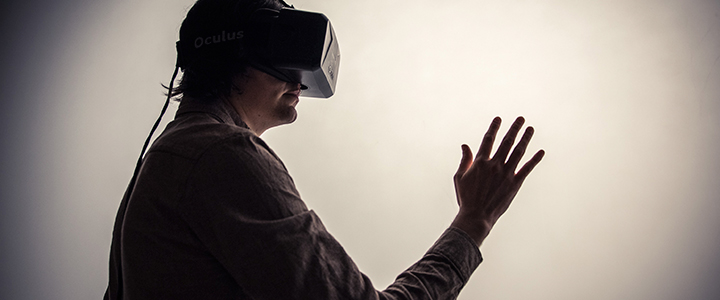Research groups
Representative of the research area
Dr. Josep Marco Pallarés
josepmarco (at) ub.edu
Research in this area focuses on the cerebral circuits, networks, processes and computational mechanisms that underpin a plethora of functions, such as perception, attention, memory, language, decision making, emotion and the control of action, to name a few.
These functions are at the essence of cognition and give rise to the uniqueness of our human nature, a rich mental activity that can even generate the subjective phenomenon of consciousness.
Research at the Institute of Neurosciences pushes boundaries of existing knowledge in areas such as language, music, auditory perception, sensorimotor and cognitive decision-making, and neuropsychology. The Institute has contributed important findings regarding in the genetic determinants of speech sounds encoding, language acquisition and musical anhedonia, the brain connectivity in the preterm born baby and neurobehavioural plasticity after early brain injury, addictions, and the abnormal control of reward in obesity.
Featured projects
- Moments in Time in Immersive Virtual Environments (MoTIVE). European Union. ERC-2016-ADG. 742989. ERC Advanced Grant. Mel Slater
- Healthy minds from 0-100 years: Optimising the use of European brain imaging cohorts (Lifebrain). European Union. SC1-PM-04-2016. 732592. David Bartres-Faz
- Multiple-level predictors of resilience during the COVID-19 pandemic. Lessons towards a precision preventive medicine. Agència de Gestió d’Ajuts Universitaris i de Recerca. 2020PANDE00043. David Bartres-Faz
- Estudio de los cambios cerebrales inducidos por estimulación cerebral no invasiva, como predictores del estado de salud cerebral futuro en personas de edad avanzada. Ministerio de Ciencia, Innovación y Universidades. RTI2018-095181-B-C21. David Bartres-Faz
- Caracterización de la respuesta de seguimiento de frecuencia (RSF) en recién nacidos como posible biomarcador de desarrollo neurocognitivo. Ministerio de Ciencia, Innovación y Universidades. PGC2018-094765-B-I00. Carles Escera
- Characterization and modulation of brain networks to promote brain resilience for the COVID-19 pandemic. Fundació La Marató de TV3. 592/U/2021. David Bartres-Faz
- The Ethics of Digital Immersive Experiences. Ministerio de Ciencia e Innovación. PID2020-117108RB-I00. Mel Slater
- Playing and Singing for the Recovering Brain: Efficacy of Enriched Social Motivational Musical Interventions in Stroke Rehabilitation. Fundació La Marató de TV3. 201729.30. Antonio Rodriguez-Fornells
- Motivación y recompensa intrinsica asociada a la acquisición del conocimiento: evidencias neuronales. Ministerio de Ciencia, Innovación y Universidades. PGC2018-099859-B-I00. Antonio Rodriguez-Fornells
- Caracterización de la adicción y la patologia dual. Eficacia de la cronoteràpia coayuvante en pacientes con respuesta parcial. Ministerio de Ciencia, Innovación y Universidades. PID2020-117767GB-I00. Ana Adan



